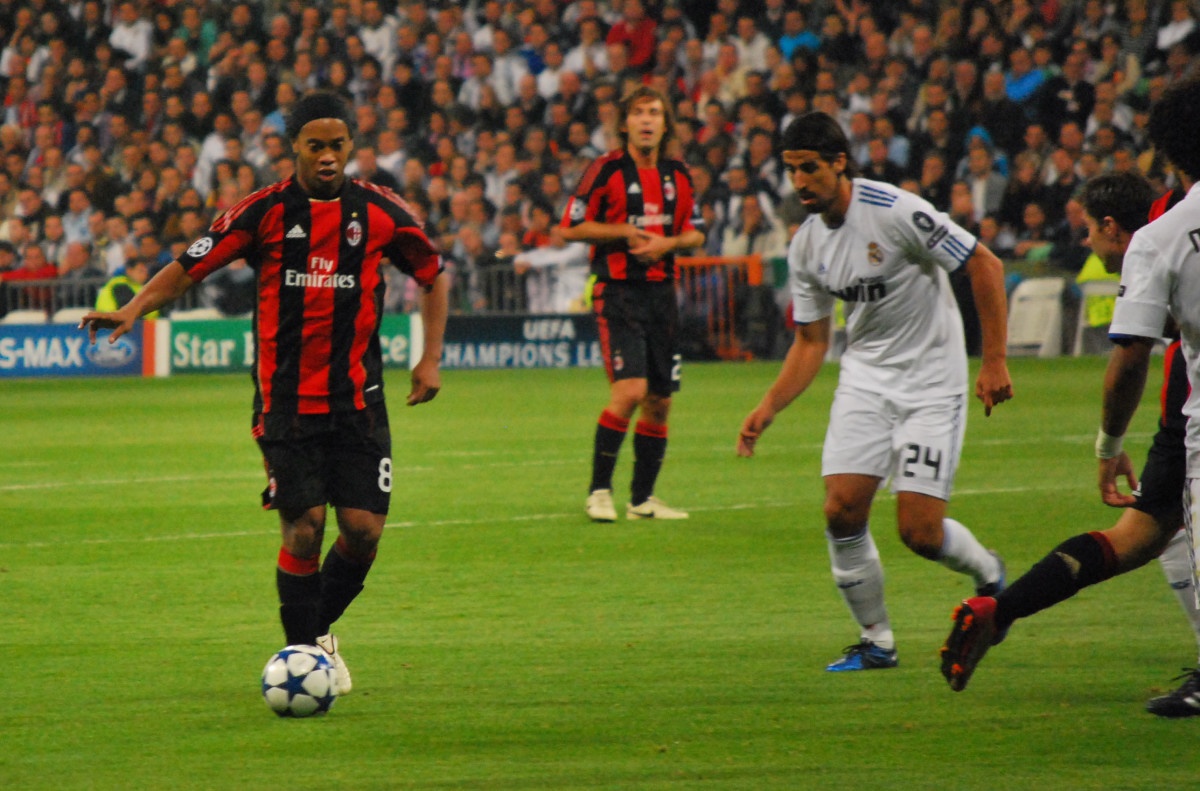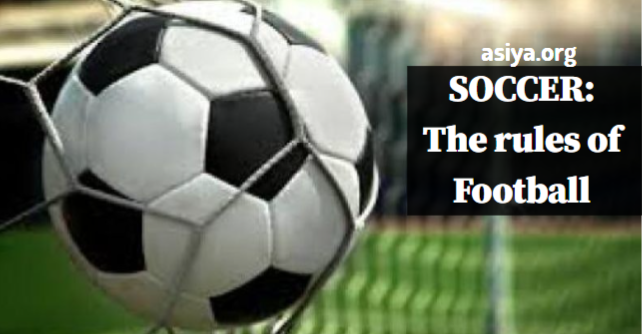SOCCER: The rules of football
To be able to play football you have to agree on certain basic principles: these are the rules of football!
Football opposes two teams who wear the colors of their clubs in order to differentiate them at first glance.
These teams play on a field of 11 against 11.
The field is rectangular and grassed in most cases even if it happens now to see synthetic pitches approved.
These fields are all identical in structure even if the dimensions may differ in particular in length and width, they are broken down as follows:
One half of the field for each team bounded by the centerline.
A penalty area in each half of the pitch including a goal area for throw-ins during goal exits and a penalty point for fouls made inside the penalty area.
The central circle to make the kicks.
The objective is to get a ball into the opposing goal.
The goal is validated when the ball has completely crossed the goal line between the two posts of the cage.
The principle is therefore to score more goals than your opponent in order to win the match.
The goalkeeper is the only footballer who can use his hands only if he is inside his team’s penalty area.
Coaches can use a maximum of three substitutes and thus allow tired or injured players to be changed.
It also allows you to do what is called “coaching” to make tactical changes based on the results.
The match lasts 90 minutes, people at home placing football games bet.
Two 45-minute halves.
There is a change of camp after the locker room, after half-time which lasts 15 minutes.
In the league, the final result is the score at the end of the 90 minutes, so there can be a draw in the event of a tie.
On the other hand, during cup matches, extra time of two times fifteen minutes can be added to regulation time in the event of a tie.
If at the end of the overtime half-time, the score is still equal, a penalty shoot-out is then carried out to decide between the two teams and find the winner.
Invisible training
We have just seen the outline to succeed in becoming a good footballer.
But to become a professional footballer, that is to say to train seven times a week and to play a match on Saturday, it is not only necessary to be good on the pitch.

“The best player is always the one on the pitch” This sentence speaks for itself!
Indeed, the best player is always the one who plays, the one who is injured cannot express himself in the same way as the one who is suspended.
It is, therefore, necessary to put everything in order so as not to get injured and thus be able to compete with his teammates to be selected in the team that will play the match on the weekend.
So, of course, some injuries are due to gambling: sprains blows, etc …
But when it comes to muscle injuries, we can ask questions.
As we saw in the chapter on the physical preparation of the footballer, everything is calculated and almost individualized these days.
It requires a very hard physical investment.
We, therefore, try to limit injuries as much as possible by imposing recovery times between exercises.
But recovery efforts are not just done in the field.
Thus, a poor diet and a lack of hydration promote injuries through poor elimination of toxins and therefore poor recovery.
Doing everything to digest well and therefore to recover well is what we call invisible training.
Invisible training means having a sober and balanced lifestyle, avoiding excess in order to preserve your body (too fatty food, cigarettes, alcohol, etc.).
It will thus be able to more quickly eliminate the lactic acid accumulated during the sessions.
To recover faster or to avoid injury, stretching is also recommended.
In fact, having elasticity in the muscles makes it possible to avoid injuries since a muscle that tears or slams is a muscle that has not been able to find the flexibility to stretch sufficiently.
Sleep is also one of the important factors in terms of recovery, so do not neglect what seems natural.
It is therefore very important to take care of your body in order to avoid all the small glitches which are so many details for a footballer, professional footballer.




 This course shows you how to overcome paralyzing fear and pursue your life's dreams. Conquer insecurity and enhance your performance in every area of life.
This course shows you how to overcome paralyzing fear and pursue your life's dreams. Conquer insecurity and enhance your performance in every area of life.